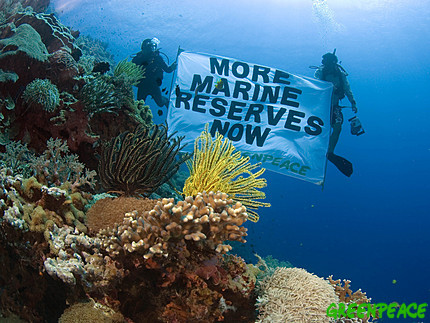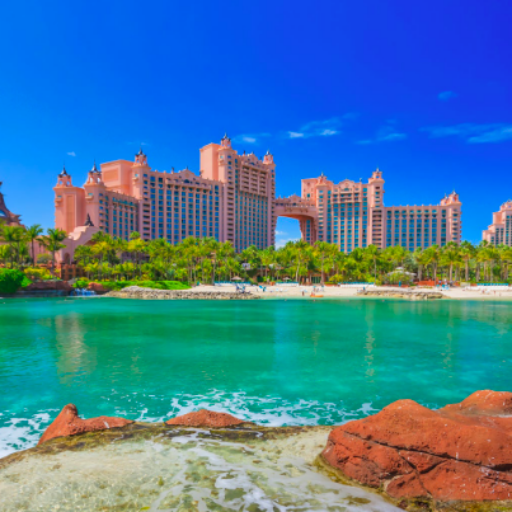The underwater world continues to captivate adventurers and nature enthusiasts alike with its ethereal beauty and mysterious depths. From the colorful coral reefs to mesmerizing marine life, snorkeling and diving offer unparalleled ways to explore the marvels of the ocean.
Difference Between Snorkeling and Diving
Snorkeling and diving are both immersive experiences but differ in terms of depth, equipment, and accessibility. Snorkeling, usually performed closer to the water’s surface, requires minimal equipment and is often preferred by beginners. Diving involves specialized gear and training to explore deeper ocean realms.
Top Snorkeling Hotspots
- The Great Barrier Reef, Australia
- Coral Triangle, Southeast Asia
- The Maldives, Indian Ocean
The Great Barrier Reef stands as one of the most renowned snorkeling spots, boasting an array of marine life and vibrant coral formations. The Coral Triangle and the Maldives also offer breathtaking underwater landscapes and diverse ecosystems.
Unveiling Diving Paradises
- Belize Barrier Reef, Central America
- Red Sea, Egypt
- Galápagos Islands, Ecuador
Belize’s Barrier Reef, the Red Sea, and the Galápagos Islands present exceptional diving opportunities, each with unique marine life and underwater topography.
Experience Underwater Biodiversity
The underwater world hosts a rich tapestry of marine life, from colorful fish to majestic sea turtles. However, this biodiversity faces threats, highlighting the significance of conservation efforts in preserving these underwater wonders.
Safety Measures for Snorkeling and Diving
Ensuring safety during underwater activities is paramount. Obtaining proper training, certifications, and understanding local regulations are crucial for a secure and enjoyable experience.
Thrilling Adventures in Underwater Caves
Cave diving offers a unique and thrilling experience, but it demands specialized training and safety precautions due to the challenging and enclosed environments.

Ecological Importance of Marine Reserves
Marine reserves play a pivotal role in safeguarding underwater ecosystems. Balancing tourism and conservation is imperative to sustain these invaluable underwater habitats.

Exploring Shipwrecks: A Historical Dive
Diving into shipwrecks presents an intriguing historical perspective. Preserving these sites and understanding their historical significance is crucial for both research and the preservation of history.

The Magical World of Underwater Photography
Underwater photography captures the mesmerizing beauty of marine life. Tips and techniques can help enthusiasts capture stunning images of the underwater world.
Challenges and Responsibilities of Underwater Tourism
Balancing the allure of underwater tourism with the conservation of marine environments poses a significant challenge. Raising awareness and practicing responsible tourism are essential.
Benefits of Underwater Adventure Tourism
Apart from the thrill, underwater adventure tourism holds economic and educational value. It aids local communities and fosters environmental awareness.
The Impact of Climate Change on Underwater Wonders
Climate change poses a grave threat to underwater wonders, causing coral bleaching and disrupting marine ecosystems. Collective efforts are essential for their preservation.
Accessibility and Inclusivity in Underwater Exploration
Efforts are being made to make underwater experiences inclusive by providing adaptive equipment and programs, ensuring everyone can partake in these mesmerizing adventures.
Future Innovations in Underwater Exploration
Advancements in technology offer promising innovations in underwater gear and sustainable tourism practices, ensuring a more responsible and immersive experience.
Conclusion
The underwater world is a realm of unparalleled beauty and ecological significance. Preserving these wonders necessitates responsible tourism, collective efforts in conservation, and sustainable practices to ensure future generations can cherish these marvels.
FAQs:
- Are there age restrictions for snorkeling and diving?
- What are the essential safety measures for underwater exploration?
- How does climate change affect marine life?
- What is the best time of year to visit popular snorkeling and diving spots?
- Can non-swimmers participate in underwater experiences?
- What impact does over-tourism have on marine reserves?
- Are there any health concerns associated with diving?
- How can I contribute to marine conservation efforts?
- What equipment is necessary for underwater photography?
- What are the economic benefits of underwater tourism for local communities?
